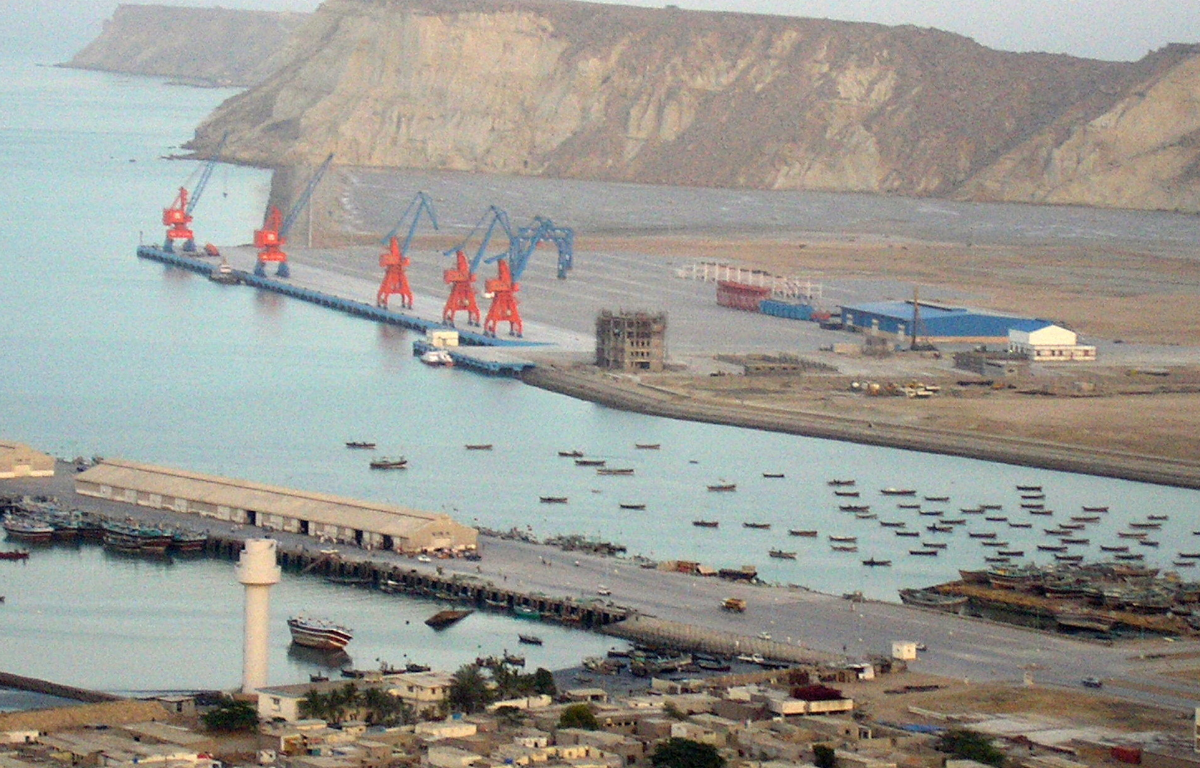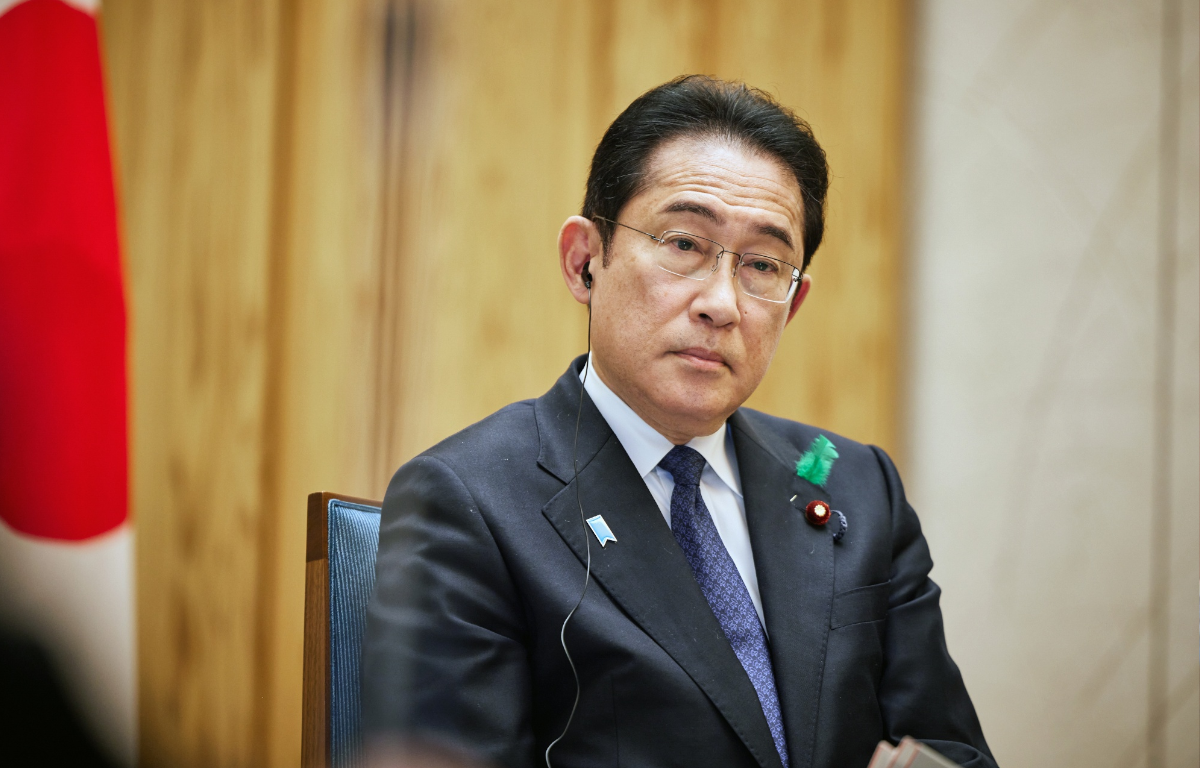
The Fukushima Daiichi nuclear disaster in 2011 led to the accumulation of vast amounts of radioactive water used to cool the damaged reactors. After years of debate and consideration, Japan decided to release the treated wastewater into the Pacific Ocean. While Japanese authorities emphasized the safety of the treated water, the decision sparked domestic and international criticism.
The backlash against Japan’s wastewater decision has been substantial, both domestically and internationally. Concerns about potential environmental repercussions, impact on marine life, and health risks have triggered protests and criticism from environmental activists and neighboring countries alike. Amid this global furor, Japanese citizens residing in China have found themselves unexpectedly caught in the crossfire.
Reports from various sources have revealed instances of harassment, discrimination, and even physical threats against Japanese citizens in China. Many have reported being singled out and verbally abused due to their nationality. Some have faced hostility in their workplaces or social settings, reflecting a deeply concerning trend of collective blame for governmental decisions.
The harassment issue has put a strain on the already complex relationship between Japan and China. Diplomatic efforts between the two nations are essential for regional stability and economic ties. The targeted harassment of Japanese citizens could further escalate tensions and hinder cooperative initiatives.
Public Sentiment and NationalismThe harassment faced by Japanese citizens in China highlights the role of public sentiment and nationalism in shaping international interactions. The Fukushima wastewater issue has triggered strong emotions, and these emotions can sometimes lead to misguided actions against innocent individuals who have no control over governmental decisions.
Efforts to address the harassment of Japanese citizens in China need to be multi-pronged. Diplomatic channels should be utilized to communicate concerns, condemn harassment, and promote tolerance and understanding. Civil society, including NGOs and international organizations, can play a role in raising awareness about the importance of distinguishing between government policies and individual citizens.
The harassment of Japanese citizens in China due to the Fukushima wastewater backlash is a distressing and unfortunate consequence of a deeply divisive issue. It serves as a stark reminder of the complexities involved in managing not only environmental concerns but also the diplomatic and sociocultural dimensions of international relations. As the global community grapples with the broader implications of the Fukushima decision, it is essential to remember that individuals should not bear the brunt of political decisions over which they have no control. The situation underscores the need for open dialogue, mutual understanding, and empathy as nations navigate the intricate web of international relations.










Share this: